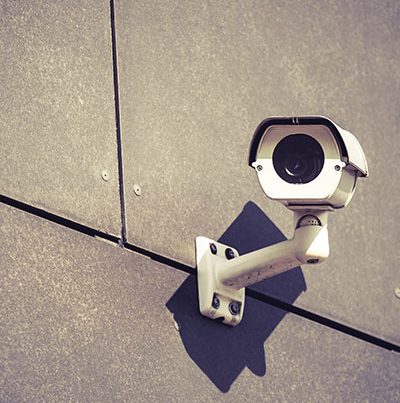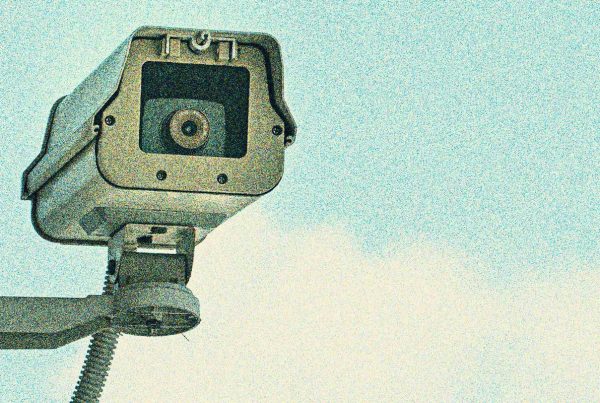Yet another story has emerged about an intrusive attempt to search a traveller’s phone and laptop at the Canadian border. This time, it was a lawyer, travelling home after an extended trip with a laptop and phone containing materials from his work, materials he told the CBSA agent who asked for his passwords contained solicitor-client privileged information. When they insisted on passwords, and he continued to refuse, his devices were seized. He’s fighting that seizure and the rules that allowed it, and CCLA will help. But his case is just the most recent in a string of cases, that stem from the way CBSA interprets the Customs Act–an interpretation CCLA has been advocating against for a long time. CBSA says cell phones are a “good” at the border, just like a box of apples or a suitcase of clothes. The Customs Act allows for discretionary searches of goods. CCLA believes that cell phones are much more than simple “goods”. After all, they potentially can contain quite literally tens of millions of pages of text. They have photos of our loved ones. They have texts from our friends, colleagues, kids. They hold the daily minutiae of our lives, a conglomeration of details that no one in the pre-digital age would ever have conceived carrying across the border on a casual trip, even if they had the herculean capacity to carry them in physical form. In other words, the world has changed, and the Customs Act should be updated to reflect that fact. The federal Standing Committee on Access to Information, Privacy and Ethics agreed with us, back in 2017. CCLA appeared before the Committee in their study Privacy of Canadians at Airports, Borders and Travelling in the United States, and welcomed the resulting report (which quoted our submission). CCLA argued before the Committee that in non-border contexts, Canadian courts have clearly recognised a heightened privacy interest in cell phones because they contain, or are connected to, a wealth of personal, potentially intimate detail about individual’s lives. We argued that warrantless searches of these devices should not be allowed. We stated that the Customs Act needs to be updated to reflect that fact, and the Committee has explicitly agreed: “The Committee argues that the Customs Act should be updated to recognize that electronic devices contain sensitive personal information and that electronic devices are not “goods” within the meaning of the Customs Act.” Two years later, nothing has been done, and Canadians continue to be subjected to these invasive searches, or face penalties for choosing not to submit. Canada needs an updated, Charter-compliant legal framework for searching cell phones at our border, and we need it now.
More information:
About the Canadian Civil Liberties Association
The CCLA is an independent, non-profit organization with supporters from across the country. Founded in 1964, the CCLA is a national human rights organization committed to defending the rights, dignity, safety, and freedoms of all people in Canada.
For the Media
For further comments, please contact us at media@ccla.org.





